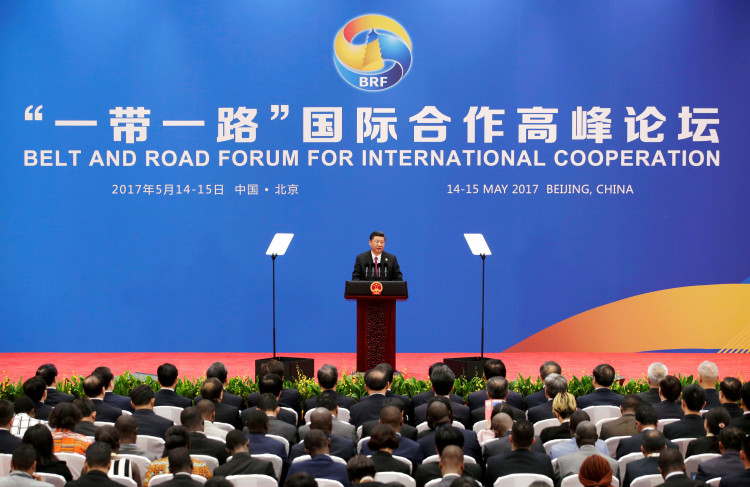The China Investment Corporation is in search of potential global partners who will join the country in establishing a special cross-border investment system that will help finance projects under the Belt and Road Initiative (BRI).
Dubbed as the "Belt and Road cooperation fund," it is still in the early stages of deliberation and needs further talks before it is established, China Daily reported. On the other hand, it is expected to help boost projects that will hasten the implementation of BRI projects.
The cooperation fund will have a certain governance structure at the initial stage to ensure that policies will be followed. A legal framework early on is expected to curb impositions from destination countries that will place restrictions on fund members.
"The fund will be a new way to inject capital into BRI projects, facilitate international cooperation and share mutual benefits," CIC vice-chairman and president, Tu Guangshao, said. He also said last week that potential shareholders may come from countries within BRI routes and other international organizations capitalizing on trade.
A lecturer of the University of the South Pacific (USP), Keshmeer Makun, told Xinhua that the BRI received a warm welcome from many participating countries. He pointed out that Pacific island countries (PICs) support the world's largest infrastructure project yet due to their need for local infrastructure developments.
Makun dismissed claims that the BRI has a "debt-trap" within the plan. He said participating countries should know that "China often takes into consideration the ability to meet foreign debt obligation and solvency constraint of receiving countries, hence, preventing heavy debt burden."
As if responding to opposition about China's grandiose plans, Makun said Chinese-funded projects, before they are implemented, undergo "rigorous market research and feasibility study" to ensure that all processes receive appropriate costing and produce high-quality results.
For Makun, the current infrastructure deficit in PICs that makes trade connectivity difficult is a serious issue that the BRI could address. Makun noted that reducing the deficit will help boost business exchange and trade within Asia-Pacific, Africa, and Europe.
Meanwhile, Chinese President Xi Jinping is set to visit Rome this week. Economic analysts believe that he may discuss options about the port city of Trieste, Italy. The New York Times reported that it is expected of Italy to become one of the first seven nations that will participate in the BRI.
For many experts, Italy's participation in China's initiative will be a huge blow to U.S. President Donald Trump's administration. Over the past months, Trump has been outspoken in his criticism of the initiative that seeks to unite trading countries.





